"Women were playing in every city all over the globe and very much leading the way in many cities. But the way the history is told is that there was like one woman for every 50 guys or something."
There is still a prevailing discourse that labels women in alternative music as anomalies, when the truth is, they have always been a vital part of every scene and genre, with punk being no exception.
In her new book ‘Hit Girls: Women of Punk in the USA 1975-83‘, author Jen Larson gives timely credit to the women whose legacy would otherwise be lost in the telling of punk’s history.
John Wisniewski spoke to the author about her book that documents the women of the US punk scene from 1975-1983, and asked for her take on the obstacles for female musicians and the importance of telling their stories….
How the book ‘Hit Girls‘ begin- why did you write the book?
“I wrote the book because I think it’s really important that people understand how integral women were to the punk movement’s beginnings. Women were playing in every city all over the globe and very much leading the way in many cities. But the way the history is told is that there was like one woman for every 50 guys or something.
Around 2017, I had been neurotically making lists of bands from the ‘70s/’80s that had women in them. The list was so long and it wasn’t enough to just keep a bunch of band names in a spreadsheet or on index cards taped to my closet– their stories needed to be told. I had started a blog featuring various songs by bands I liked and I couldn’t find that much information on a lot of them. I found myself writing “legend has it…” or “apparently…” or “no one knows the real story, but…” and stuff like that a lot. I had an urge to find answers to some of my questions and my friend Todd Novak suggested I write a whole book about it, and I thought that was a good idea. It felt like a pipe dream at first, but I kept at it, and now here we are.”
“One of the purposes of ‘Hit Girls‘ is to prevent the erasure of this history. Women tend to get omitted from all sorts of histories that they played significant roles in. Scholars have figured that among other things, this is a result of who is keeping records. The more that women are involved in writing our history, the more likely we are going to see women represented in it. This, in turn, gives young kids examples of women doing things they may otherwise grow up only thinking guys do. The book is also an act of gratitude to show appreciation to the women of the ‘70s who didn’t have those role models and did it anyway.”

What did the female punk rockers face, in trying to present their music?
“It varied for different women in different environments. In a lot of scenes, women seeing other women performing was inspiring and other women were encouraging toward one another. A lot of guys were supportive and excited about women’s participation as well. It was almost utopic– men and women working together in artistic parity and traditional gender roles almost dissipated.
Then there were other places and situations where they were denigrated or had to fight for respect. There were places where women’s music was just as good or better than some of the guys’ music (in my opinion!), but they weren’t being taken seriously. For example, the Dishrags were teenagers playing in Vancouver and had really great songs– some serious bops– but when they were booked at a local battle of the bands, they were billed as openers instead of serious contenders in the contest. They experienced audiences throwing trash at them and booing so often that they have a hard time differentiating which shows this happened at and which it didn’t.”
What did audiences think of women like Alice bag, Penelope Houston and Texacala Jones?
“I’m sure there were various responses. These three are all artists who feed on the energy of a room and then give it right back. Based on video evidence and other commentary from people who were there, audiences loved them and encouraged them and cheered them on. The Bags and Avengers continued to play shows until the bands broke up. Tex and the Horseheads played through 1986. They’ve all always had considerable followings.”
Why was this explosion of women punkers inevitable during the 70s and early 80s?
“The explosion of women participating in punk was inevitable during the ‘70s and early ‘80s because of the social politics of the moment. Women were feeling more empowered in general. This period was at the tail end of 2nd wave feminism and in some no-man’s land between that and the 3rd wave of feminism. Not all these artists necessarily wanted the fact that they were women to be relevant to their work– in fact many of them didn’t. Many of them wanted to be taken seriously as artists and wanted their work to speak for itself.
Whether or not their gender was important to their identity as an artist or their work, they all wanted to be creative without asking permission. Women didn’t want to be told they couldn’t and weren’t allowed to do something just because they were women. They were also exploring activities and lifestyles outside of domesticity which led to them being creative on their own terms. It was a direct result of women being more independent in general.”
‘Hit Girls’ by Jen Larson is available now! You can order online from HERE.
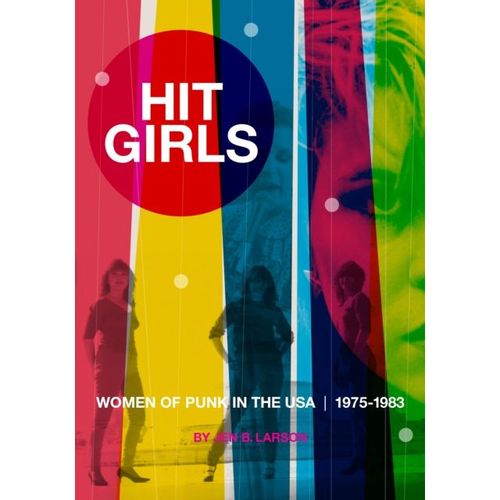
Follow the author Jen Larson on her Socials
Need more Punk In Your Life?
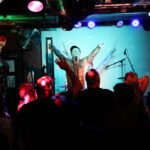
Live review: Guana Batz at Facebar, Reading, 3rd July 2025
It’s forty years since Guana Batz released their debut ‘Held Down to Vinyl…At Last’ and there has been a seismic change in the music scene

EP review: Petrichor release their self-titled debut
The kids are alright, folks. Washington DC quartet Petrichor are probably sick of journos like me mentioning their age (all between 13 and 15 years
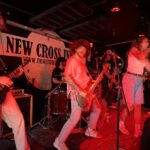
Terminal Sleep/Spaced, London New Cross Inn, 8th July 2025
Truly, Real Life Presents has been on a roll recently, with a week of great hardcore shows now coming to a close with a beast
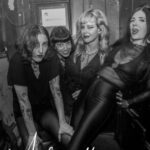
Shake Some Acton gig #102, London The Lexington, 5th July 2025
There are plenty of gigs happening tonight, including a fair few rock n’ roll ones, but we rest assured that we’ve made the right choice

Gig Review: Pussy Riot, New Age Doom, Dolly Min, in The Hague, the Netherlands
On 26th June 2025, Pussy Riot brought their Riot Days show to het Paard in the Hague. Canadians New Age Doom and local punks Dolly

From Post-Punk to Present Tense, Vision Meets Violets in Leeds’ Gothic Temple
Leeds’ music scene breaths grit. Warehouse raves, postpunk rebellions and goth nights have been its lifeblood for decades. The Warehouse hosted Vision Video and The
John Wisniewski is a contributing writer for amfm magazine, LA Review of Books, Punk Globe magazine, and Skratch Punk magazine.
He currently resides in long island NY USA.


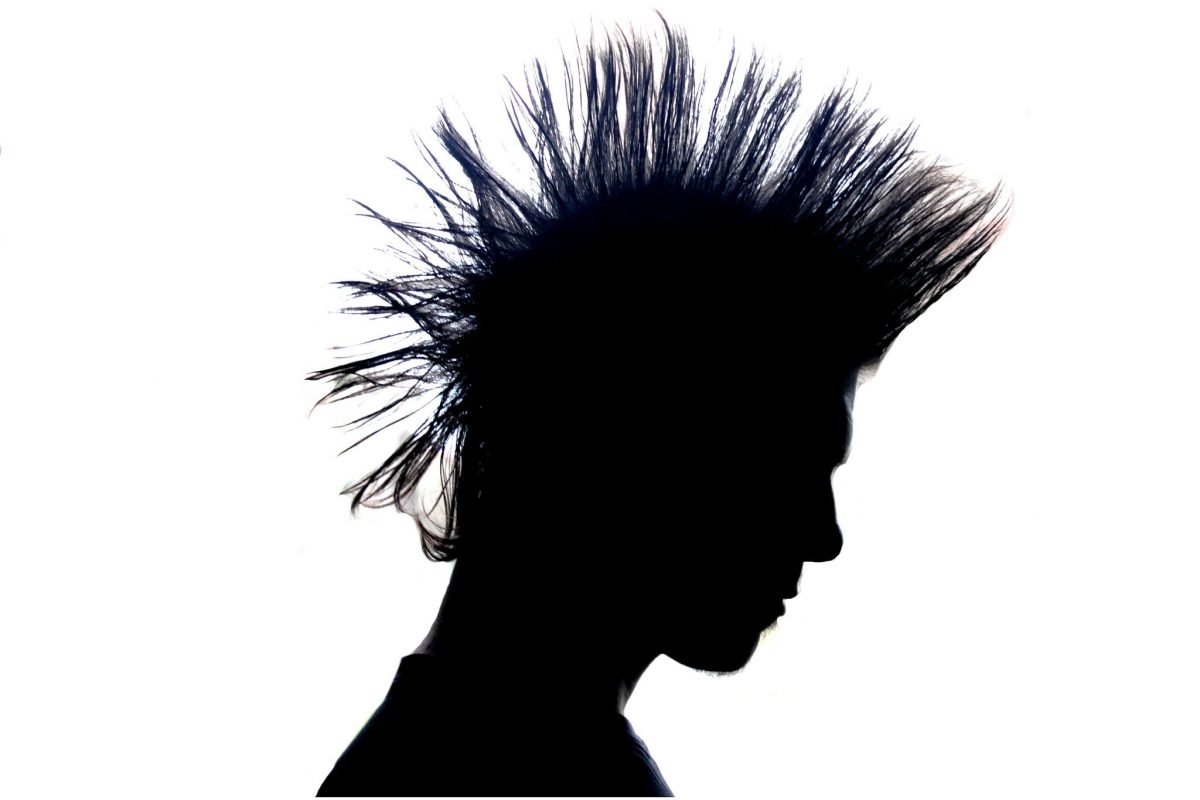

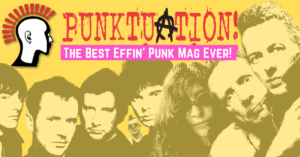 Did you know that we are 100% DIY? We run our own game. No one dictates to us, and no one drives what we can or cannot put on our pages – and this is how we plan to continue!
Did you know that we are 100% DIY? We run our own game. No one dictates to us, and no one drives what we can or cannot put on our pages – and this is how we plan to continue!